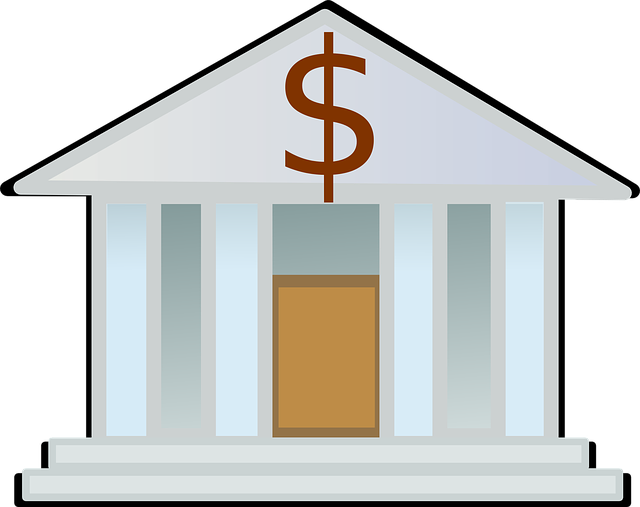The Effects of Political Changes on Stock Prices
- Dunstan Andre
- 0 comment
- April 22, 2021

A nation’s government shapes the company environment in which firms operate.
Government policies such as modifications to regulations, taxes, rates of interest, and spending programs so have a massive impact on individual businesses’ operations along with their stock price.
This lesson will explain to you the way federal policies influence the purchase cost of stocks.
Regulatory Shift
Authorities are responsible for controlling specific sectors like banking, telecommunications, and insurance.
Governments occasionally alter the laws which can make it easier or more challenging for a specific business to execute well.
By way of instance, banks in many countries are needed to maintain a minimum amount of consumer deposits in cash reserves.
Increasing this book requirement can signify a lender has significantly extra money to give out to companies.
Becoming in a position to lend less way that a lender earns less attention. This can consequently have a negative effect on bank share rates.
Due to the interconnectedness of the market, changes to the rules regulating one industry may also affect the health of organizations in a different industry, and their share rates.
Raising banks’ reserve conditions such as has a direct effect on individual businesses, which frequently rely on bank funds to finance their own development. Reducing companies’ capacity to borrow money from banks may pull their share price too.
On the other hand, the reverse could be true. If a government enriches the reserve demand, then that may have a beneficial impact on the share cost of banks and businesses that are vulnerable to borrowing prices.
It’s wise, therefore, to keep an eye on laws that could influence the share price of these businesses which you consider just like how would AJ Bell brokers would do (see the review for AJ Bell share dealing account).
Taxation
Each provider is subject to several kinds of tax, either indirectly or directly, and fluctuations in sales will influence their performance and discuss cost.
An alteration to this corporate tax a firm needs to pay is possibly the most evident to be on the watch since this can directly affect how much profit it generates.
An increase in business taxation may even induce a business to relocate so as to discover a more equitable tax regime to operate.
Taxes on particular resources or goods may also affect the sustainability — and hence share cost — of associated businesses.
As an instance, if the government increases fuel tax, employers such as airlines or couriers which use a great deal of gas may view their profit margin.
These businesses may then opt to pass their high fuel prices as higher costs for clients. This may strike demand for their services or products, and so lower their earnings.
Thus, once you’re taking a look at a business and contemplating whether to purchase or sell its own shares, you must take note of not just any particular tax changes that might influence its sustainability, but in addition, any tax changes about the sources that the provider uses.
ALSO READ: Biden Open to Good Faith Negotiations Over Infrastructure Plans
Monetary policy
Monetary policy refers to the control of money supply from the market and authorities use it to stimulate or cool a market they believe is increasing too slowly or has been afflicted by high inflation.
1 method of stimulating a market would be for the central bank to reduce interest prices. This reduces companies’ and customers’ borrowing expenses, which frees up money for investment and spending.
Reduced interest rates will consequently often improve share prices as a business has reduced prices and will spend more in its future expansion while customers have more cash to invest in its own products or services.
By comparison, increasing interest rates will boost an organization’s prices at the time that customers have less cash to invest in its own products and services. Raising interest rates may therefore push corporate share rates.
Governments may also purchase government bonds to flooding the market with cash. This is also known as printing cash.
Quantitative easing is a bit different for this and entails the government purchasing monetary assets from banks and other associations to inject cash into the market.
Growing the money supply will raise consumer spending, therefore can have an especially positive influence on the share prices of companies from the retail industry, for example, that are inclined to realize their revenue increase nowadays.
Fiscal policy
Fiscal policy is the point where the authorities have spending programs to stimulate the market, such as through large infrastructure projects.
Various businesses will feel the advantage based upon where government spending is concentrated.
When a government invests in regions like affordable housing, as an instance, the share cost of building providers may be the first to gain as they acquire new companies building houses and streets.
You must therefore consider the way the government statements of decreasing or increasing spending could influence the sustainability of the organization you viewing.




